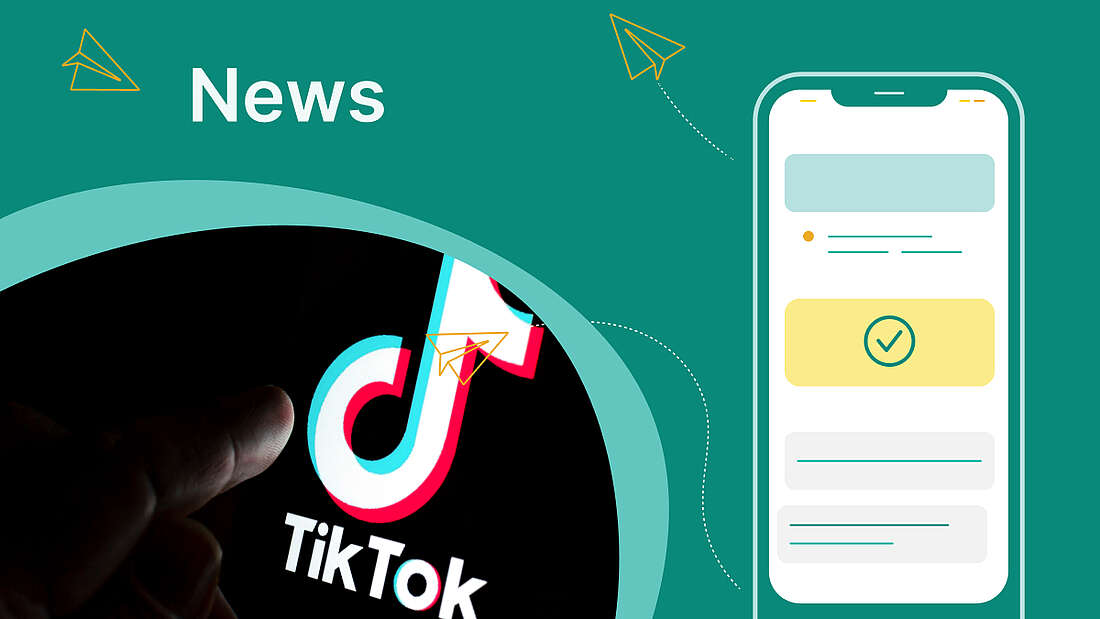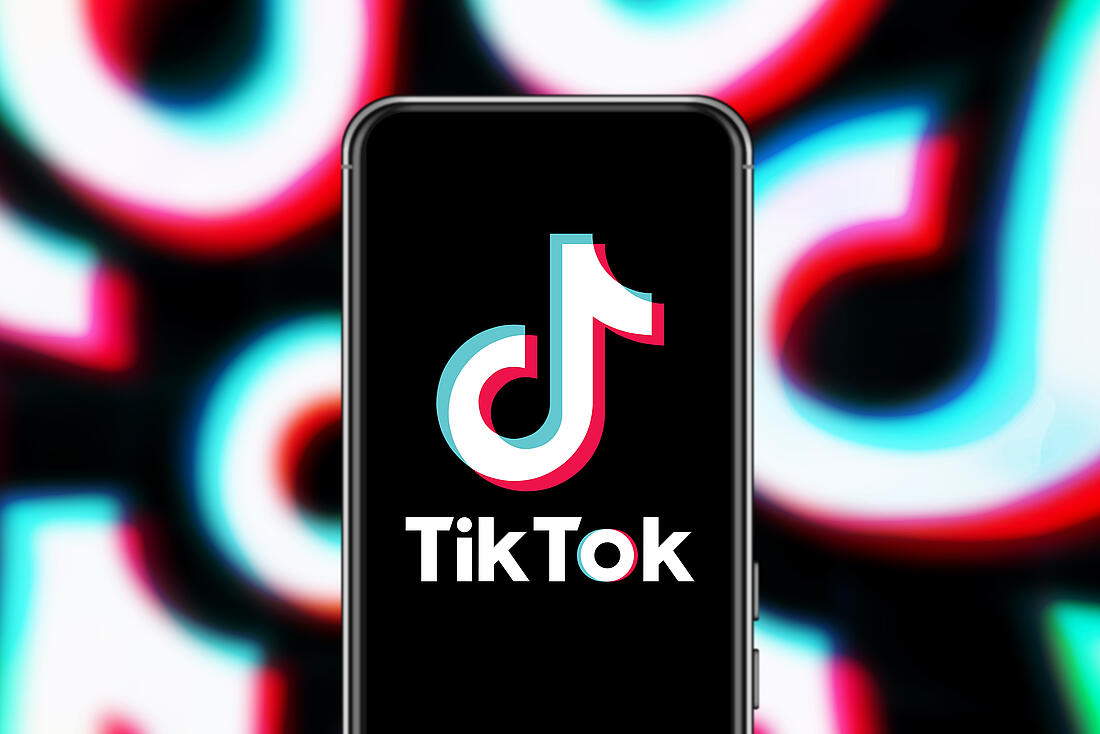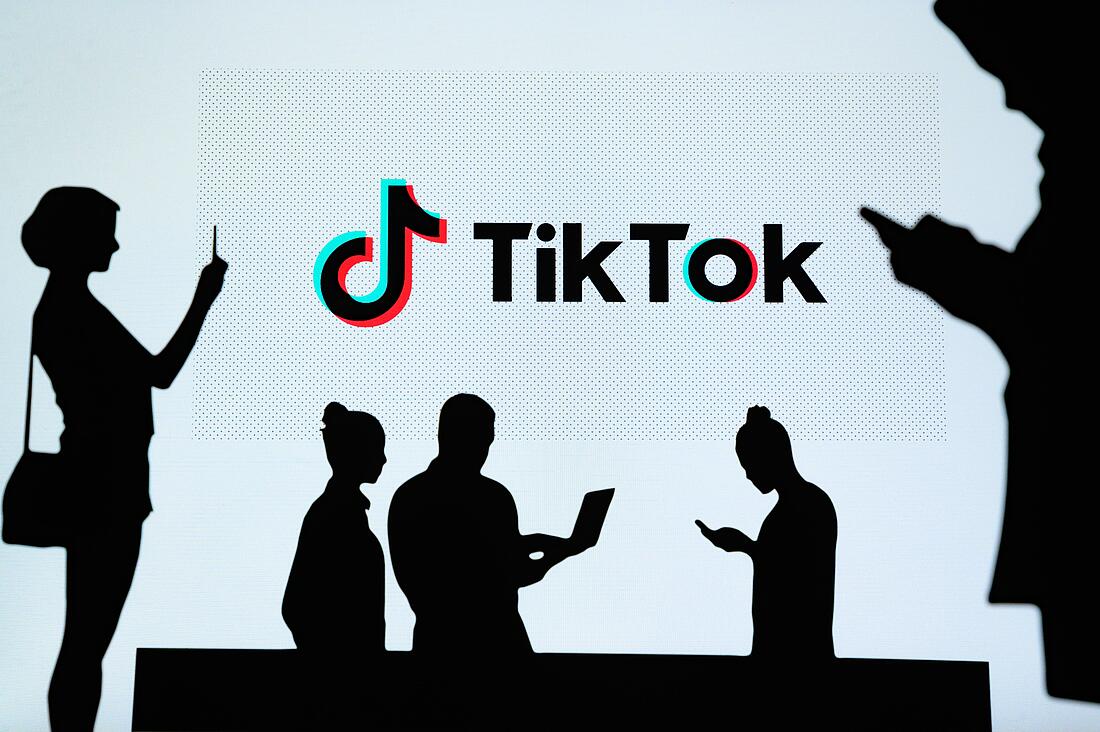- Why Us?
- Features
White Label
For SaaS Platforms & Agencies
Provide our complete analytics suite to your clients, directly within your own interface and with your/their own branding. Discover Analytics-as-a-Service and White Label Analytics. Great benefit, minimal effort.
- Pricing
- White Label
- Blog
- Chatbots, Assistants & AI Search: Tracking AI-Driven Website Traffic
- Use Case: Using TWIPLA’s Conversion Funnels to Uncover Onboarding Friction
- Website Intelligence News Roundup February 2025
- Website Intelligence News Roundup January 2025
- Alarming Behavior Tracking: Dead Clicks, Rage Clicks and More
- Data Management Strategy: Steps + Insights from Aleksejs Plotnikovs
- Craft a Successful Data Analytics Strategy in 6 Steps
- Interview: Aaron Weller on AI Privacy Challenges
- ResourcesExpand Your KnowledgeGetting Started
TikTok's User Privacy Claims Questioned

TikTok is being accused of violating user privacy. Data privacy rules need to be urgently updated because of US and European concerns that China may use TikTok's data harvest to advance its political agenda.
TikTok is considered a threat to national security, according to the FBI.
Chris Wray, the FBI director, expressed similar worries last month at a meeting of the House Homeland Security Committee, saying that the app might be used by China's Communist Party to exert influence through TikTok's potent recommendation algorithm, user data collection, or the manipulation of software for espionage.
Texas senator Ted Cruz has denounced it as “a Trojan horse the Chinese Communist party can use to influence what Americans see, hear, and ultimately think”.
Read more about this topic on The Guardian website.

The Background of TikTok Being Accused a Security Threat
More than 1 billion active users worldwide - the bulk of whom are Americans - used the well-known video-sharing app in 2022, which is owned by the Chinese technology giant ByteDance.
President Biden has continued the TikTok discussion that started during the Trump administration. In addition to being restricted on all federal government devices, TikTok has also been blocked on devices given by at least 27 state governments, which has an impact on a number of state institutions and universities.
All Americans in the United States are prohibited from using the software, according to a bipartisan bill that was proposed in Congress last December.
Skepticism of TikTok is also gaining ground across Europe.
Some politicians, echoing their counterparts in Washington, claim TikTok poses a security risk and warn that it might potentially provide user data to Chinese authorities or be used as a propaganda tool by the Chinese government to subtly sway its more than 1 billion monthly active users in favor of Chinese foreign policy objectives.
How Western governments react to TikTok could be a turning point in future technological regulation.
Although claims that TikTok provides user data to the Chinese government have not yet been proven, the app's reputation for reliability took a hit in December when it came to light that ByteDance employees had accessed TikTok data in an effort to track down the whereabouts of several foreign journalists in order to learn who their sources were at the company.
Although TikTok claims the event entailed unlawful data access and that the employees responsible have been fired, the infraction has nonetheless served as a focal point for concerns regarding the business and the app's data privacy policies.
In light of how the firm intends to comply with the EU's new digital services regulation, TikTok met with European commissioners last month to discuss data protection and content moderation.
Belgian MEP Tom Vandendriessche stated that “They’re starting to realise that TikTok is not just another app to communicate, or send videos to one another, or for amusement,”. “TikTok is gathering the data of our citizens.”
In Europe, the discourse is a little different. The bloc hasn't been as eager to pick out TikTok based on the location of its parent business up to this point.
The app is being examined due to concerns about data privacy: in 2021, Ireland's data protection commissioner launched two investigations into the business, one looking into how it handled children's data, and another examining if data transfers to China were compliant with the General Data Protection Regulation (GDPR) and other privacy laws.
Should Users Be Concerned About TikTok?
How seriously should you take the warnings no matter where you are?
The claims, according to some tech experts, are slightly exaggerated. According to Graham Webster, research scholar and editor in chief of the DigiChina Project at the Stanford University Cyber Policy Center in California, there is currently a lack of solid evidence supporting the concerns about data privacy and content manipulation mentioned by politicians.
“I think both of these theories are possible, but at this point, they both require a significant amount of imagination to actually constitute a US national security threat,” says Webster.
“But you would have to make an argument for why that access can be used in such a way that constitutes a national security threat,” he says.
This is due to TikTok's data not being particularly distinctive. Although the program can track location information, it must first ask users before doing so.
If the user declines, just an approximate location can be determined. In fact, a TikTok spokeswoman maintains that this is the reason why its workers' attempts to trace journalists were unsuccessful.
Additionally, the same information is captured by a variety of apps and is frequently sold to data brokers who then make it available to potential customers.
“There are lots of ways that foreign governments can access data in the United States,” says Anupam Chander, professor of law and technology at Georgetown University Law Center, Washington DC. “TikTok seems to be an unlikely target of data gathering by the Chinese government, because of the largely public nature of the activity on the app.”

What’s TikTok's Next Move?
TikTok compared favorably to other platforms in a 2021/22 study by Nato’s Strategic Communications Centre of Excellence on battling fake news manipulation (coming second to Twitter, and ahead of Facebook, Instagram and YouTube).
The report suggested greater collaboration with outside researchers to facilitate the study of content moderation on the platform; according to a TikTok spokeswoman, the app is looking to increase this area of study.
The $1.5 billion Project Texas entails the construction of a data center in Texas that will house user data from the United States under the supervision of Oracle, the American software. Oracle will also examine the app's source code and content algorithms to allay concerns about content manipulation that benefits the Chinese government.
Similar plans are currently being made by TikTok in Europe. The business is establishing a data center in Ireland to house user data from the UK and the EU.
These arrangements are a welcomed since the loss of TikTok would deprive the 90 million or more Americans who use it of free speech rights, and ruin their equity in their products and followers, the authors said in reference to the costs involved with a prospective ban. Additionally, it would inspire other nations to enact techno-nationalist and data protectionist measures, which would negatively impact social media companies with US headquarters.
It remains to be seen what the outcome of the FBI's investigation will be and whether TikTok will be banned in the United States. However, the controversy highlights the growing concerns about the security of social media apps and the need for greater transparency and oversight of their data collection practices.
Share article
Get Started for Free
Gain World-Class Insights & Offer Innovative Privacy & Security

You might also like
The Era of EU Privacy Regulations and Its Effects on Commercial Tracking 06 February 2023 - by Simon Coulthard
06 February 2023 - by Simon Coulthard
Spanish Court Sides with Noyb in Appeal Over Access to Location Data 27 January 2023 - by Simon Coulthard
27 January 2023 - by Simon Coulthard








